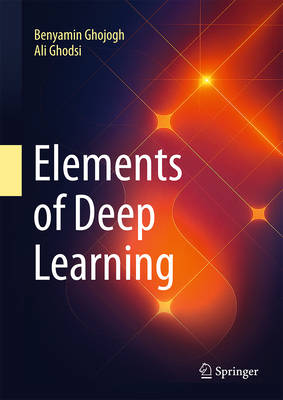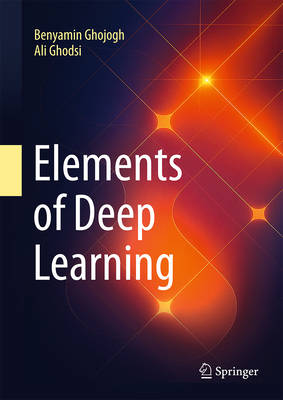
- Afhalen na 1 uur in een winkel met voorraad
- Gratis thuislevering in België vanaf € 30
- Ruim aanbod met 7 miljoen producten
- Afhalen na 1 uur in een winkel met voorraad
- Gratis thuislevering in België vanaf € 30
- Ruim aanbod met 7 miljoen producten
Zoeken
Omschrijving
This textbook offers a comprehensive introduction to deep learning and neural networks, integrating core foundations with the latest advances. It begins with essential machine learning concepts and classic neural network architectures before progressing through convolutional models, backpropagation, regularization, generalization theory, PAC learning, and Boltzmann machines. Advanced chapters cover sequence models -- including recurrent networks, LSTMs, attention, Transformers, state-space models, and large language models -- alongside deep generative approaches such as VAEs, GANs, and diffusion models. Emerging topics include graph neural networks, self-supervised learning, metric learning, reinforcement learning, meta-learning, model compression, and knowledge distillation. Balancing mathematical rigor with hands-on practice, Elements of Deep Learning emphasizes both theoretical depth and real-world application. Different theories are introduced with PyTorch-based code examples, helping readers to translate theory into implementation. Organized into five sections--fundamentals, sequence models, generative models, emerging topics, and practice--the text provides a unified roadmap for mastering modern deep learning. Designed for advanced undergraduates, graduate students, instructors, and professionals in engineering, computer science, mathematics, and related fields, this book serves both as a primary course text and a reliable reference. With minimal prerequisites in linear algebra and calculus, it offers accessible explanations while equipping readers with practical tools for applications in vision, language, signal processing, healthcare, and beyond.
Specificaties
Betrokkenen
- Auteur(s):
- Uitgeverij:
Inhoud
- Aantal bladzijden:
- 461
- Taal:
- Engels
Eigenschappen
- Productcode (EAN):
- 9783032107374
- Verschijningsdatum:
- 3/05/2026
- Uitvoering:
- Hardcover
- Formaat:
- Genaaid
- Afmetingen:
- 178 mm x 254 mm

Alleen bij Standaard Boekhandel
+ 235 punten op je klantenkaart van Standaard Boekhandel
Beoordelingen
We publiceren alleen reviews die voldoen aan de voorwaarden voor reviews. Bekijk onze voorwaarden voor reviews.







